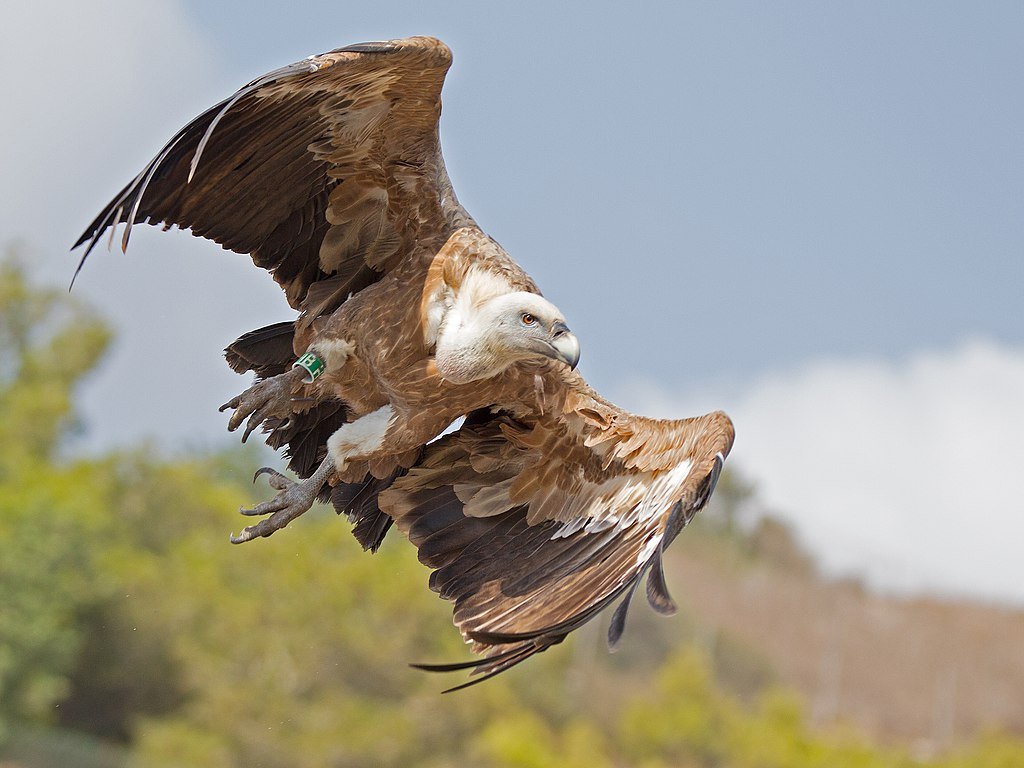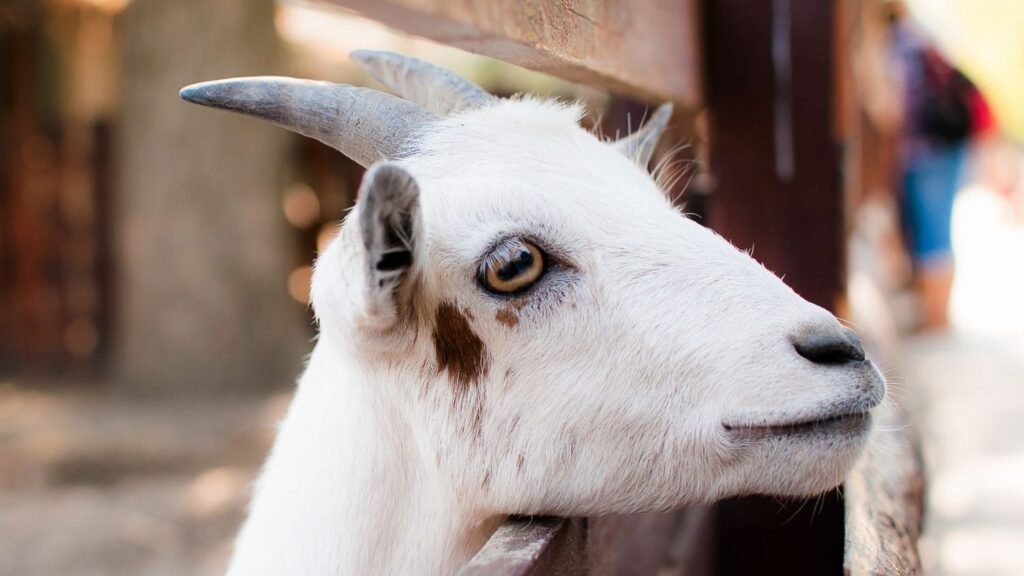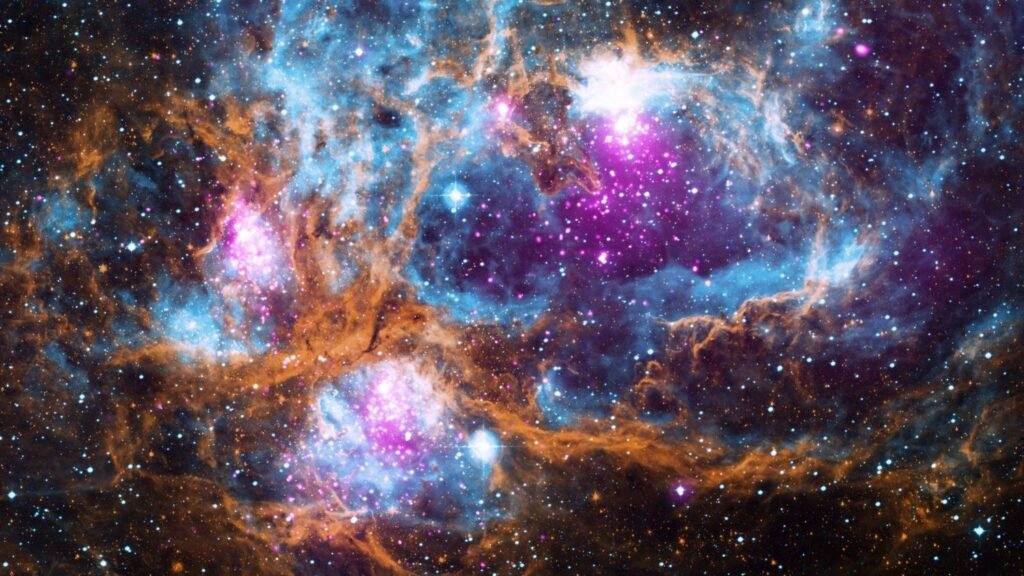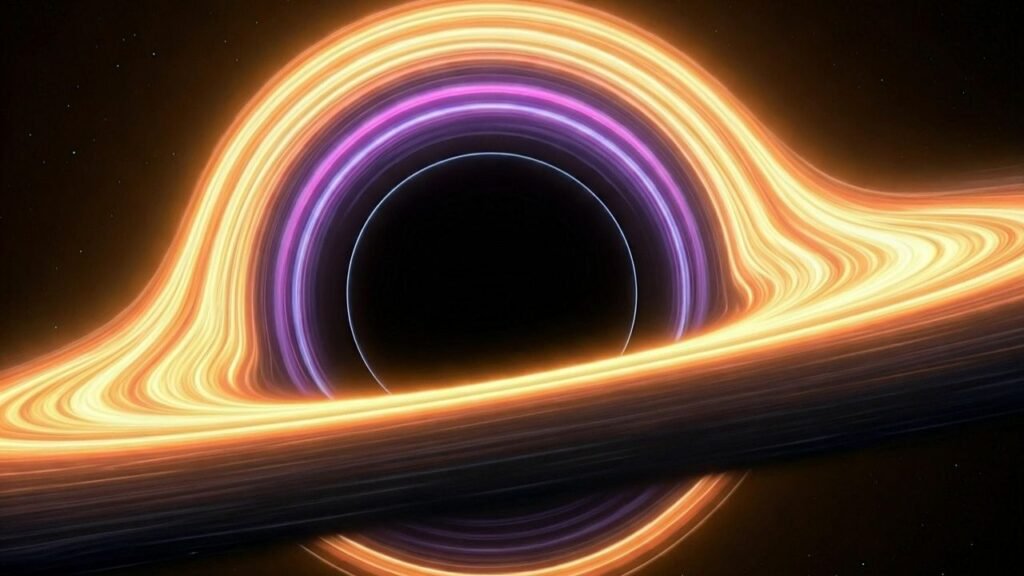Vultures are nature’s cleanup crew, rapidly consuming carcasses and preventing the spread of disease. Their decline, however, is disrupting ecosystems, slowing decomposition, and allowing bacteria and flies to flourish. Without these efficient scavengers, the balance of many environments is shifting, raising concerns about public health and ecological stability.
How Vultures Accelerate Carcass Decomposition
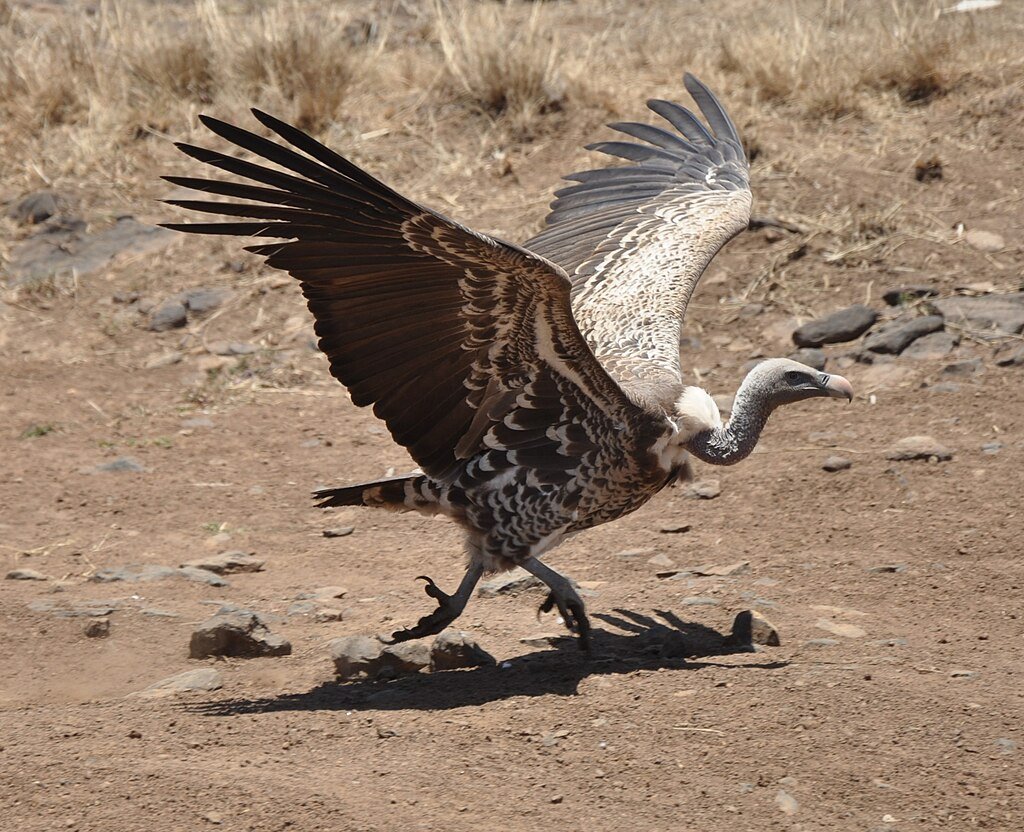
Vultures are highly efficient scavengers, capable of consuming large carcasses within hours. Their acidic digestive systems destroy harmful pathogens, preventing the spread of disease. In contrast, when vultures are removed from an ecosystem, carcasses take twice as long to decompose, allowing flies and bacteria to proliferate.
The Rise of Flies and Its Consequences
Without vultures, fly populations double, leading to increased risks of vector-borne disease. Researchers observed that other scavengers, such as cayotes and ocelots, do not compensate for the loss of vultures, leaving carcasses exposed for longer periods. This shift in decomposition dynamics could have long-term effects on ecosystem health.
Why Vulture Declines Are Happening
Vulture populations are declining due to habitat destruction, poisoning, and hunting. In some regions, vultures ingest toxic veterinary drugs from livestock carcasses, leading to mass die-offs. Conservationists warn that without intervention, vulture numbers could continue to plummet, exacerbating environmental challenges.
Long-Term Ecological Impact
The absence of vultures alters entire food webs. As carcasses remain untouched, predatory scavengers become more common, potentially disrupting populations of smaller species. In areas where vultures have disappeared, scientists have observed changes in predator-prey relationships, hinting at cascading ecological effects that extend beyond carcass decomposition.
Conclusion
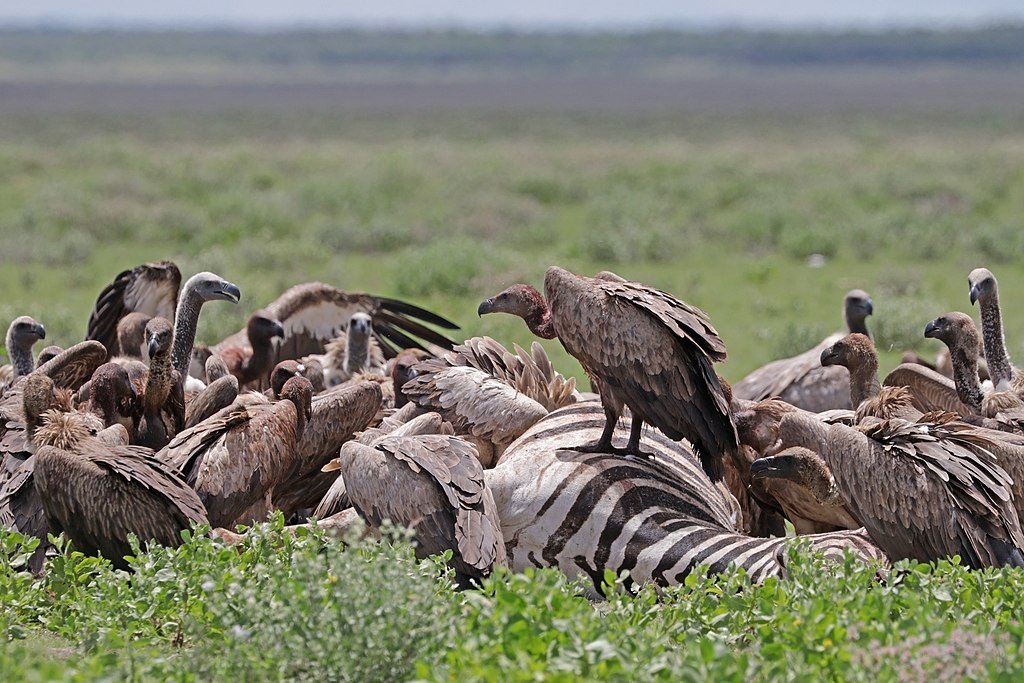
Vultures provide essential ecological services, ensuring rapid carcass decomposition and disease prevention. Their decline could lead to unforeseen environmental consequences, making conservation efforts more urgent than ever. Protecting vulture populations is important for maintaining healthy ecosystems and public health stability.
Source:


